Projects
Our Strategic Pillars
For 2024 – 2028, HCO’s strategic interventions are organized into 6 strategic pillars carefully selected in line with our strategic orientation to help the organization achieve its goal. These include as follows:
Identity, Documentation and Belonging
HCO promotes legal identity and documentation, including birth registration, access to citizenship rights, and the right to belong. Strategies include community sensitization, legal empowerment, movement building, community-led change-making, strategic partnerships, petitions, and community self-identification.
The organization has supported over 50,000 children to access birth registration and documentation through mobile birth registration exercises conducted in collaboration with civil registration services. In addition, 50,000 children have accessed birth registration through paralegal assistance i.e. sensitization on the benefits of birth registration laws and policies, application procedures and requirements, and support in document application and follow-up with civil registration services.
In collaboration with the Coalition on Nationality, Citizenship and Statelessness Empowerment (CONCISE), and the Citizenship Paralegal Partner Network, HCO is working to shift citizenship and documentation issues from individual to community, and national issue. We support communities facing citizenship challenges in developing advocacy plans to hold the government accountable for fair treatment in citizenship rights, pushing for reform on birth registration legislation, and the citizenship law, and advocating for comprehensive reform to the documentation system before digitalization.
In May 2022, HCO and other civil society organizations teamed up to form the East Africa Nationality Network (EANN) to strengthen regional collaboration among civil society and NGO actors working to eradicate statelessness in East Africa. In July 2022, HCO joined the Global Alliance Taskforce to support the establishment of the Global Alliance to End Statelessness (GAtES). From October 2024 HCO is a member of the first advisory committee of the GAtES. HCO is also a member of the Advisory Group of the Global Movement Against Statelessness (GMAS).
HCO was involved in advocacy for the Makonde including the Makonde Walk which was the final push that led to the registration of the community by the government of Kenya in 2016. With the support of UNHCR and working closely with the government, HCO played a significant role in the confirmation of approximately 7,000 individuals from the Pemba community as Kenyan citizens.
We continue to support the remaining stateless groups in Kenya such as the Rundi and Rwanda to finalize their register which is a model of Community Generated Data (CGD) that supports evidence-based advocacy with the Government and guides the registration committee as a first point of reference during registration.
Access to Justice
The Access to Justice Project is a strategic initiative aimed at empowering poor and marginalized communities in Kisauni Sub- County with the knowledge and tools necessary to claim and defend their rights. Funded by the European Union under the Programme for Legal Empowerment and Aid Delivery (PLEAD) II, the project advances inclusive, people-centered justice solutions.
Anchored in the Legal Aid Act, 2016, the project promotes legal empowerment and equitable access to justice for vulnerable populations. It emphasizes community-driven approaches that improve legal literacy, expand legal aid services, and strengthen grassroots justice systems.
Women Empowerment and Child Protection
The Women Empowerment and Child Protection Pillar seeks to enhance the social and economic status of poor women through empowerment programs, protection mechanisms for children, and advocacy for their rights. We use People’s Institutions (PI) namely Self-Help Groups (SHGs), Community Level Associations (CLAs), and later Federation as vehicles to drive community empowerment and structural change. Our approach targets the poorest of the poor women and takes 7 years to create the desired change. 1400 women are currently going through economic, social, and political empowerment.
We engage children in children’s groups to provide opportunities for them to learn more about their rights and how to claim them while providing input on issues affecting them and how they could be resolved. Our programming strives to promote the holistic development of the child. We protect children from exploitation and abuse, enhance their mental well-being and equip them with life skills, citizenship, legal identity, and rights awareness. The Learning through Play approach seeks to keep children in school, improve performance, and increase transition rates from primary to secondary school. Over 25,000 children have been supported since 2014.
Peace and Security
The Peace and Security Pillar seeks to enhance social cohesion, community safety and resilience for sustainable and inclusive development. Because of perceived historical injustices including unresolved land issues, the coastal region has in the past experienced land-related conflicts, politically instigated violence, and inter-communal violence. The region has also been characterised by intergenerational conflicts, conflicts between law enforcement and youth, proliferation of youth gangs, and other forms of crime. Significant progress has been made in addressing these issues largely through multistakeholder efforts, but challenges remain. HCO will continue working with the youth to promote accountable and responsive delivery of safety and security services, improve the relationship between law enforcement and the youth, enhance intercommunal and interreligious tolerance, and delegitimize violence as a means of addressing grievances. Further, HCO will continue mentoring peace ambassadors while empowering communities and working closely with state actors to prevent/ reduce social conflict and violence in our communities.
Governance and Civic Engagement
This strategic pillar seeks to strengthen democratic governance and foster active civic engagement by promoting transparent, accountable, and inclusive decision-making processes, thereby empowering citizens to participate meaningfully in the governance of their counties. Civic awareness and vigilance are important in ensuring prudent utilization of devolved funds, equitable development, and efficient delivery of essential services to the people. HCO will continue conducting civic education campaigns and skills-building aimed at enhancing the participation of youth in democratic processes, budget monitoring and promoting good governance.
Land and Environmental Justice
This strategic pillar promotes equitable access to and use of land and environmental resources and accountable land governance. Despite progressive land reforms since the promulgation of the 2010 constitution, equitable access to land remains elusive for the poor in Kenya. The Coast region has particularly been characterised by land issues and land-related conflicts for decades.
Challenges in the implementation of the Community Land Act have hindered the protection of community land rights as encroachment of communal lands remains a significant problem. In addition, poor and marginalised communities bear the brunt of hazardous waste, resource extraction, and other land uses from which they hardly benefit. HCO works with affected communities, community groups and other key stakeholders to promote accountable land tenure and land governance as well as advocate for the communities’ right to a healthy environment and equity in the distribution of environmental benefits and burdens.
Featured Projects
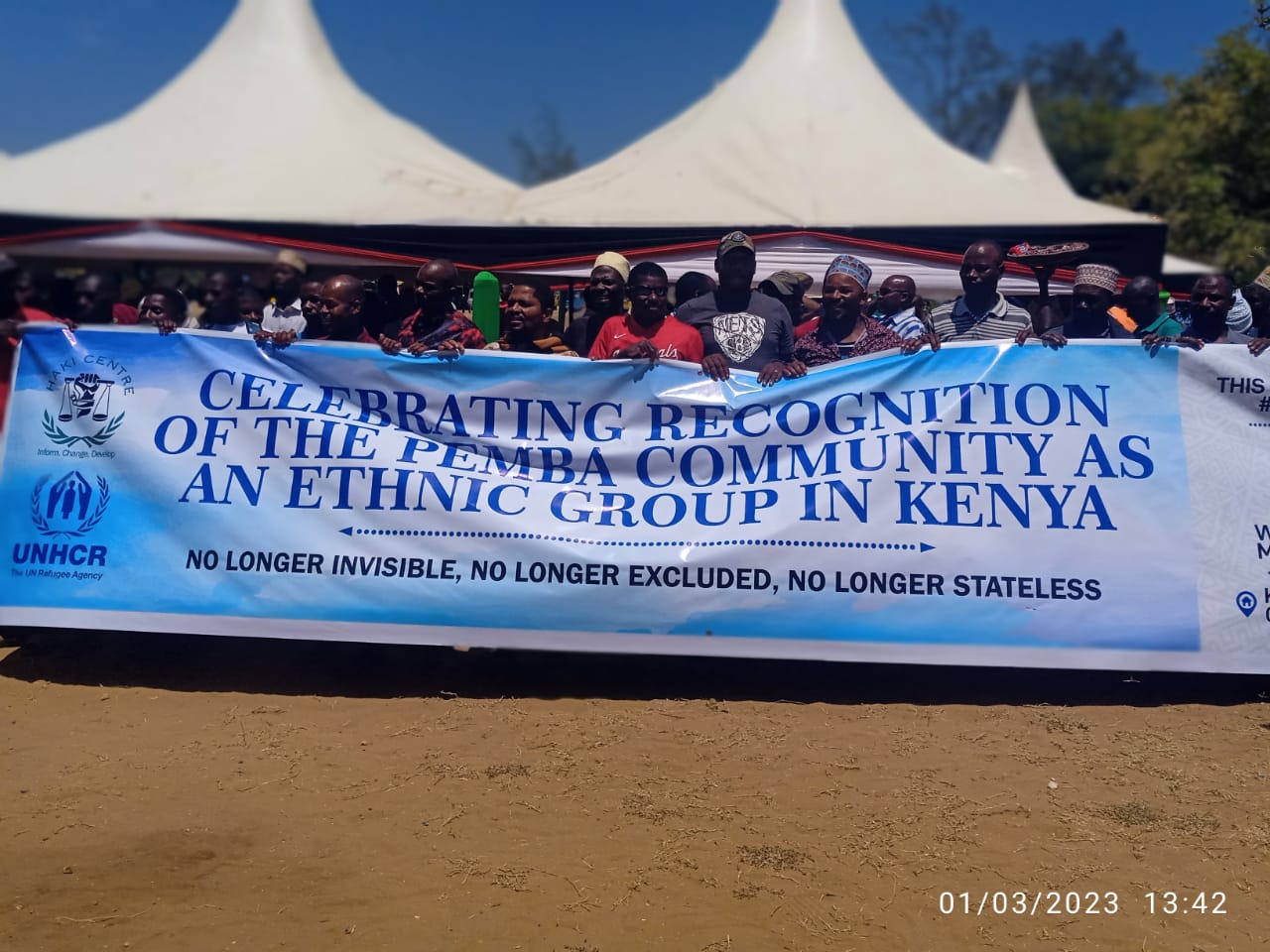
The citizenship rights project is a project that seeks to ensure equal and non discriminative access to the right to a nationality and entitlements of citizens as per the 2010 constitution and relevant law.
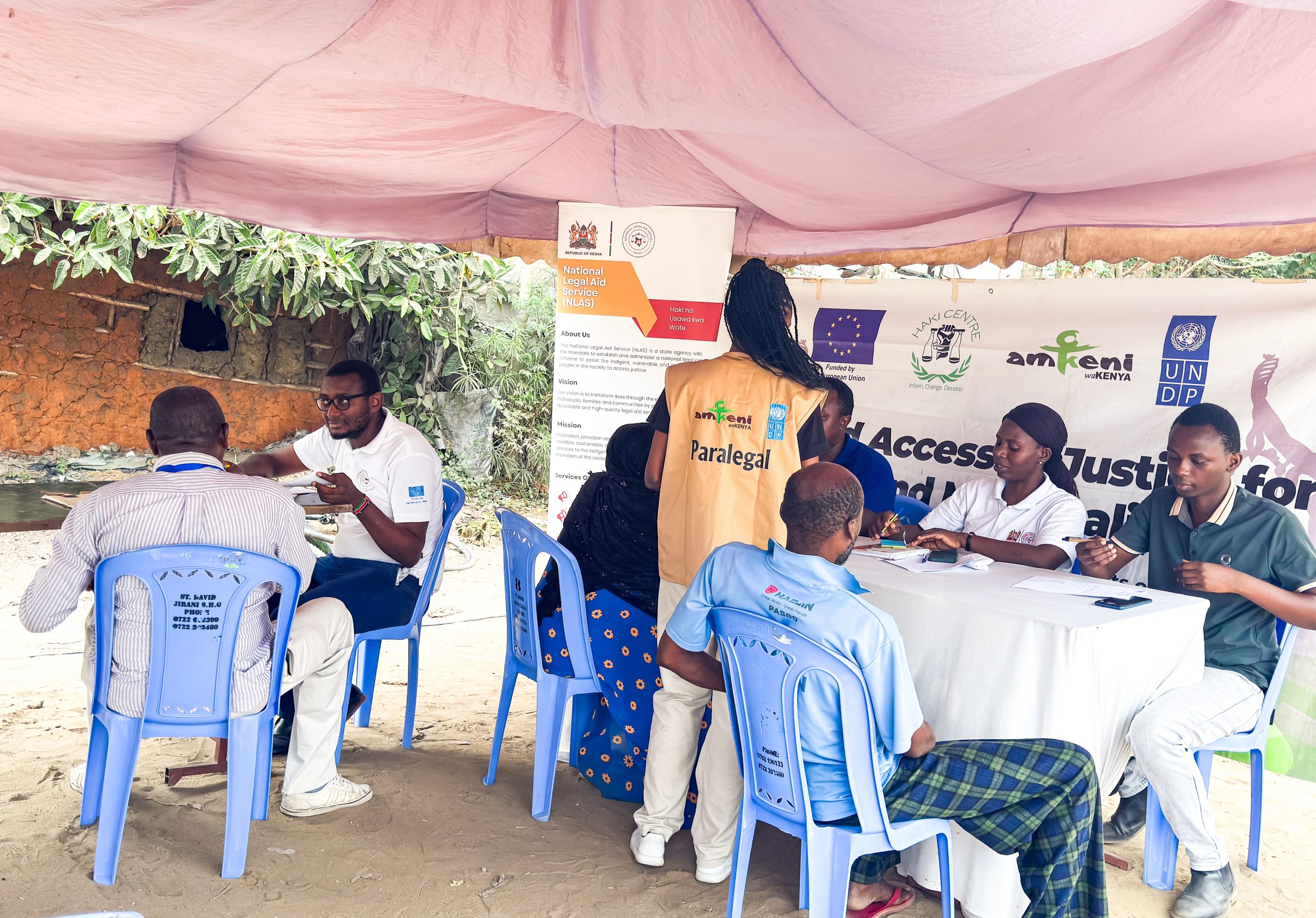
The Access to Justice Project is a strategic initiative aimed at empowering poor and marginalized communities in Mombasa County with the knowledge and tools necessary to claim and defend their rights.
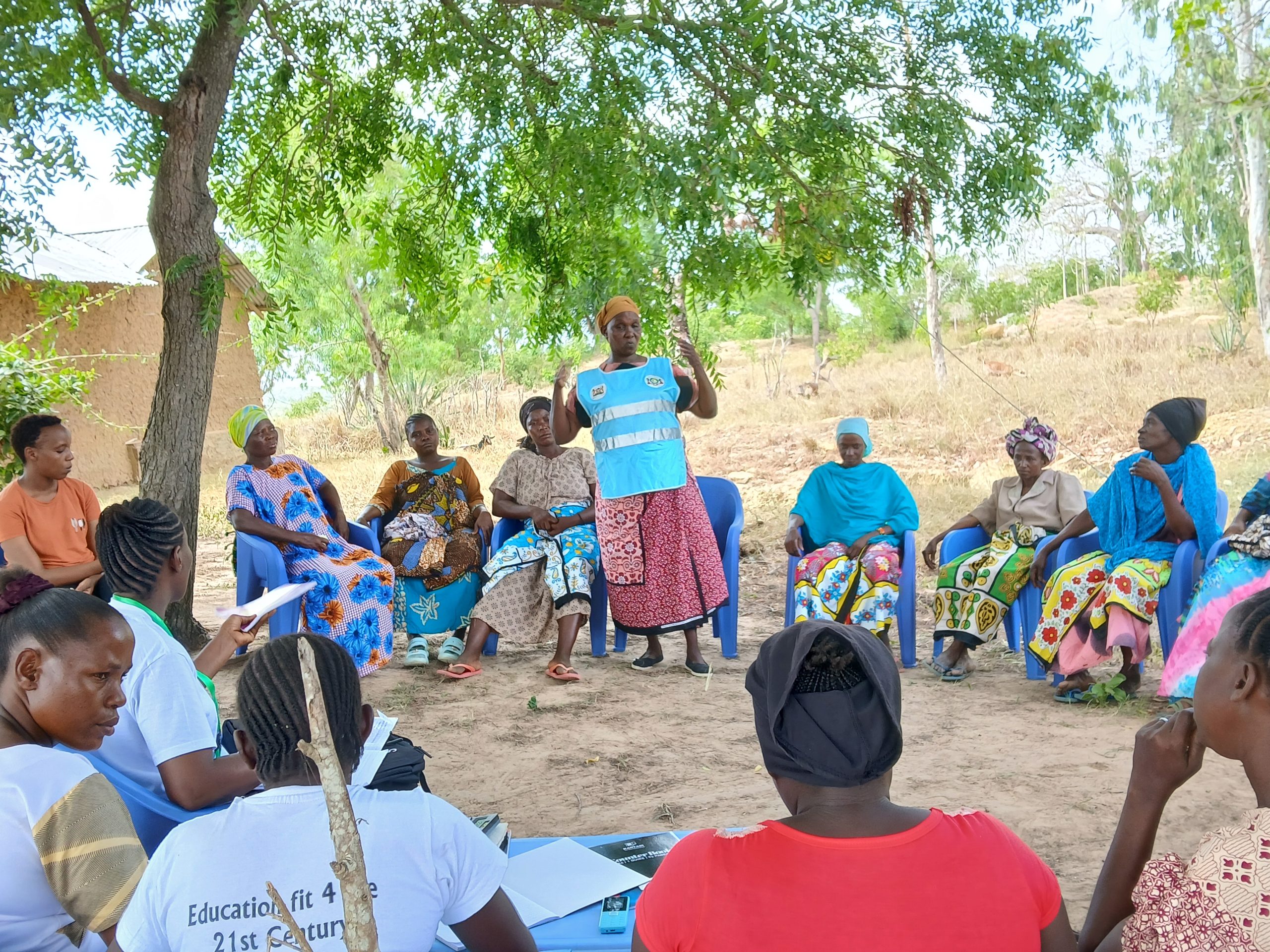
The Self-Help Group Approach (SHGA) is a powerful tool for community development, empowering individuals and fostering collective growth.
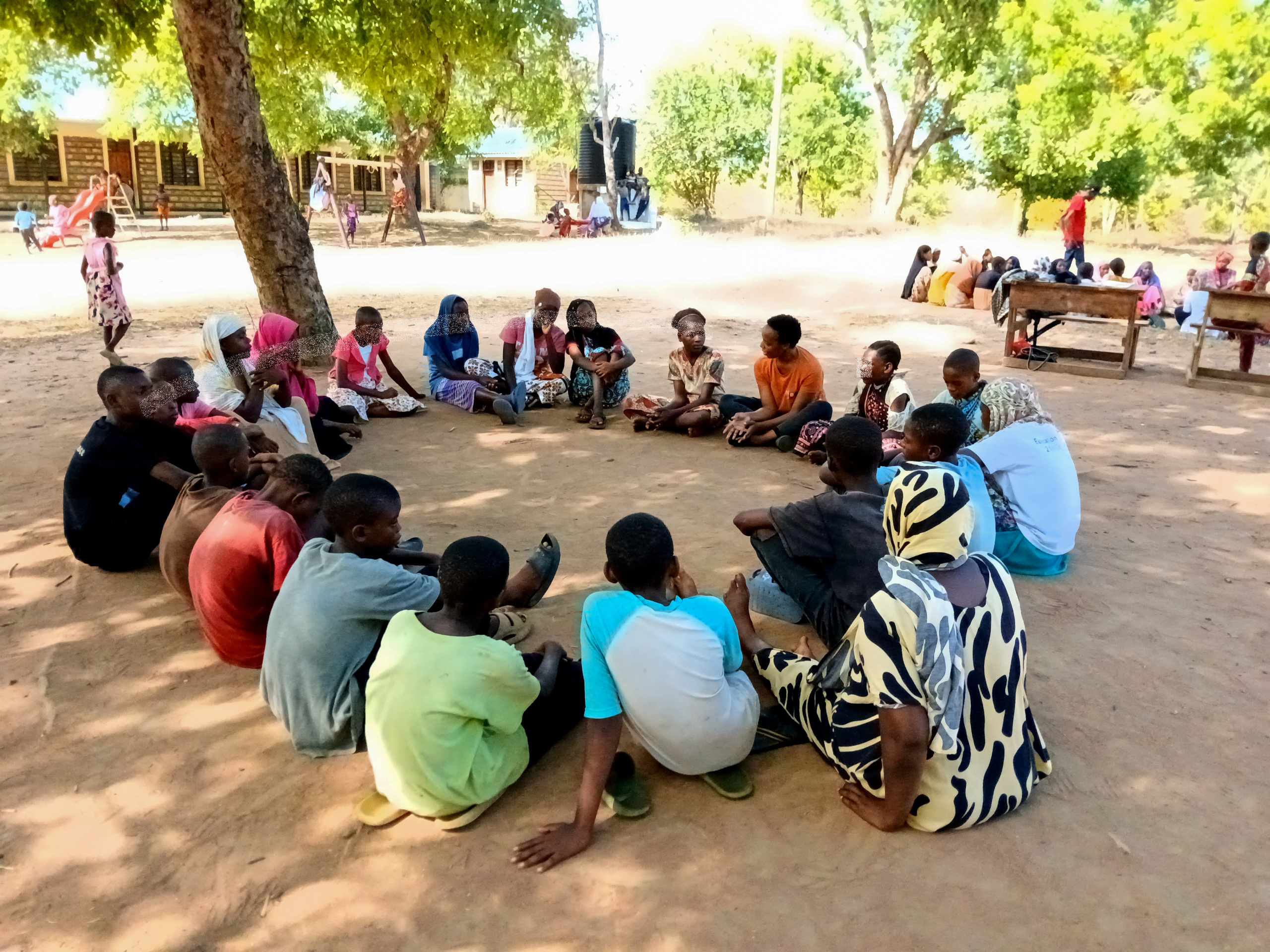
Our children's rights program aims to advance the rights of children in Mombasa, Kilifi, and Kwale Counties. We employ various approaches to promote the holistic development of children and protect their rights.
Earlier Projects
Advancing Justice and Community Empowerment
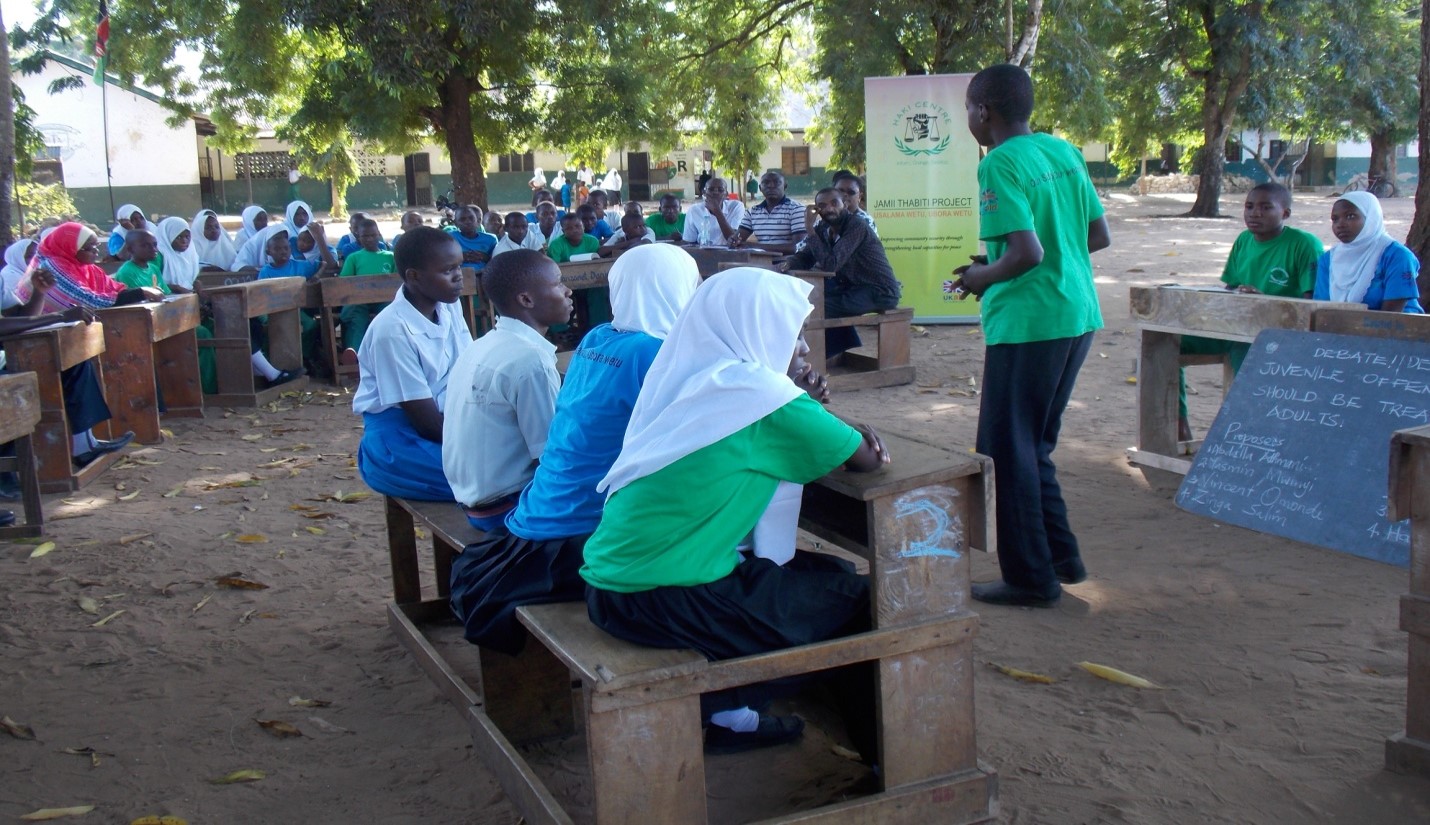
Jamii Thabiti (JT) project aimed at reducing levels of criminal violence, inter-communal
violence, and violence against women and girls (VAWG) in Kwale County targeting
communities served by the Msambweni, Diani, Kwale and Kinango
Police stations.
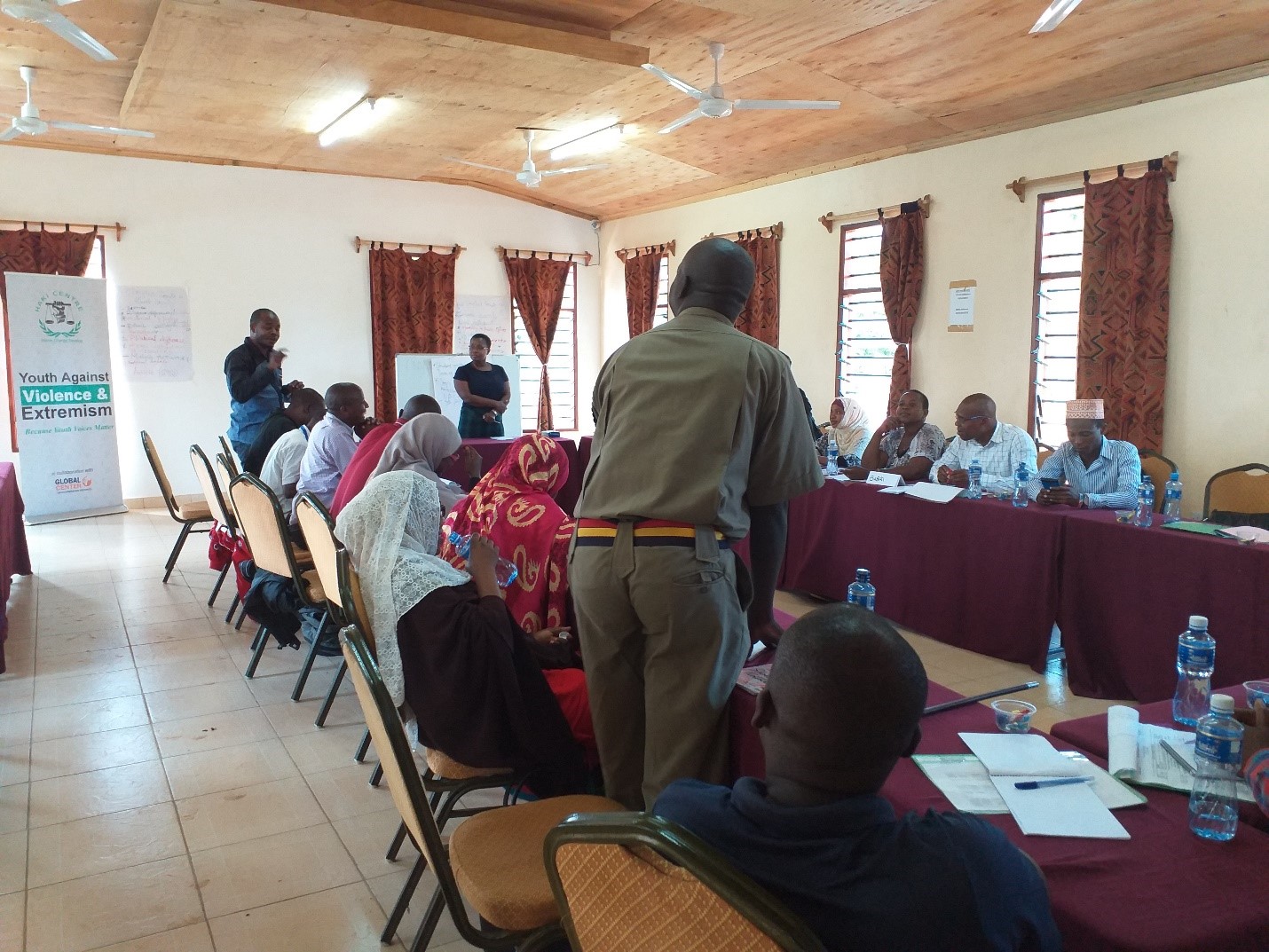
The Youth Against Violence and Extremism project aimed to strengthen the capacity of young people to play an active role in preventing and countering violence and extremism in their communities and learning institutions in Kwale County.
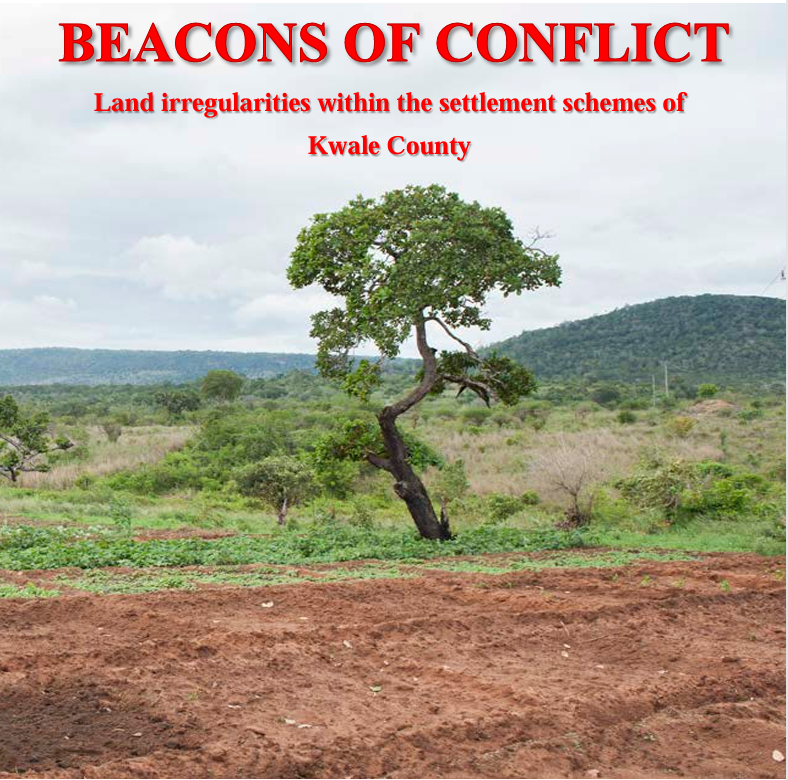
The Land Advocacy Project was implemented in Mombasa, Kwale, and Kilifi Counties to
strengthen the capacity of coastal communities, particularly youth, women, and other
marginalised groups to understand their land rights under the new land laws in Kenya.

The “Promoting Livelihoods and Resilience of Urban Refugees in Mombasa” project was implemented by Haki Centre (HCO) from July 26, 2021, to July 25, 2022, in Mombasa County, in partnership with the U.S. Embassy in Kenya.
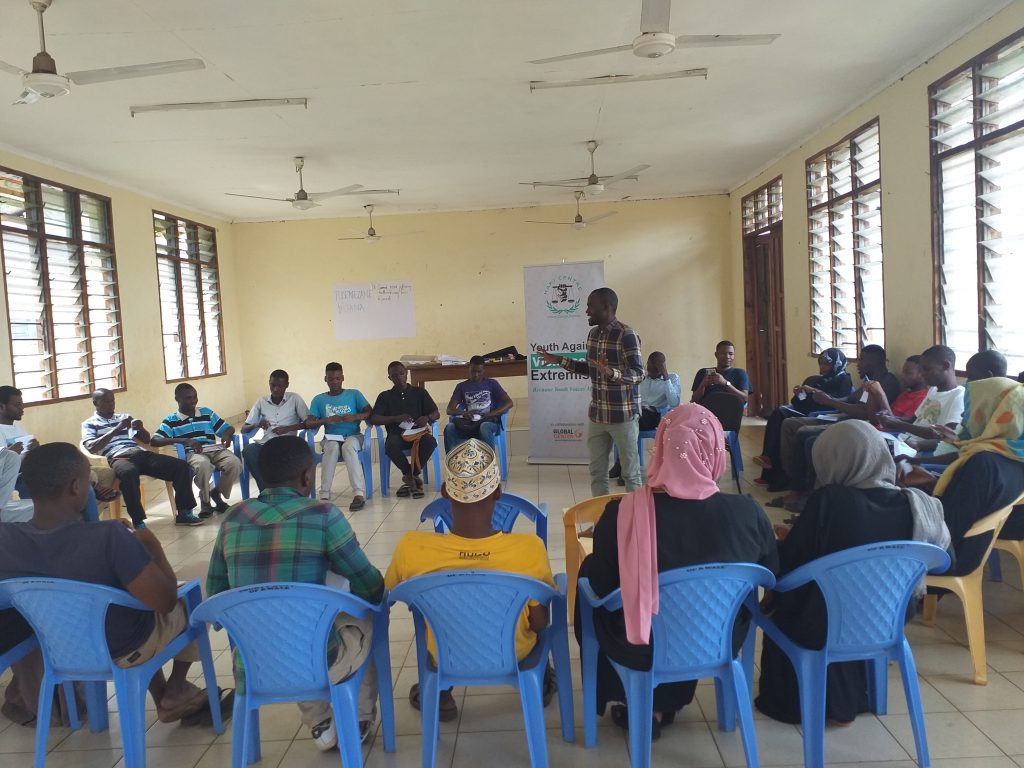
The Youth for Constitutionalism project was implemented in two constituencies in Mombasa
County, namely Mvita and Likoni and three constituencies in Kwale, namely Msambweni,
Matuga, and Kinango with the support of Uraia.
Support Justice & Empower Communities
Useful Links
Opening Hours
Sat : Closed
Sun : Closed
Public Holiday : Closed
